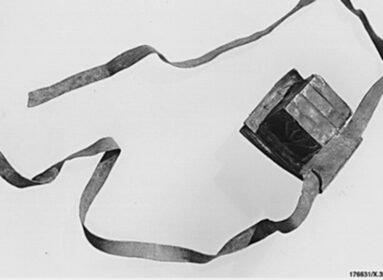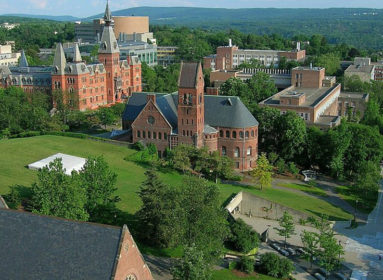
By Josefin Dolsten/(JTA) – The Jewish community in Houston has seen “devastating” damage from Hurricane Harvey and could take years to recover, a federation official said. “Recovery like this – it is a disaster larger than Katrina in terms of the amount of water that fell – we’re going to have short- and long-term recovery plans, but this is probably going to take us years to get back to where we were,” said Taryn Baranowski, the chief marketing officer for the Jewish Federation of Greater Houston. Seventy-one percent of the city’s Jewish population of 63,700 lives in areas that have experienced high flooding, Baranowski told JTA. That includes 12,000 Jewish seniors.
Three of the city’s five major synagogues have experienced significant flooding, Baranowski said. The Evelyn Rubinstein Jewish Community Center of Houston, the city’s only JCC, was flooded with 10 feet of water, and Jewish schools remain closed, with some experiencing major flooding.
“This is a flood that no one could have anticipated it getting as bad as it did; it was a worst-case scenario. We live in a community that is densely populated in an area that got severely impacted by the weather,” Baranowski said.
Kosher food is another issue.
“We were having an issue getting kosher food into the community for grocery stores. We’re working with some volunteer groups to get that into the community,” she said.
Chabad in Houston has been providing kosher food to some community members. The Hasidic movement organized food shipments, including through Amazon, for the community. The Orthodox Union has also started a Help for Houston website.
The federation is collecting donations and is working in conjunction with the Jewish Family Service and the JCC in the relief efforts. Local Jewish camps are housing refugees forced to evacuate their homes, and the Israeli humanitarian group IsrAID is coordinating an aid campaign, including sending volunteers to Houston.
In the face of disaster, the Jewish community remains unified, Baranowski said.
“We are a resilient community,” she said. “People are already beginning a process, they’re banding together, they’re working with each other to help recovery. But we do know that recovery is going to be long, it’s going to be difficult. We can do it, but it’s going to be a process for the entire community and the entire city to get through.”








 Southern New England Jewish Ledger
Southern New England Jewish Ledger












